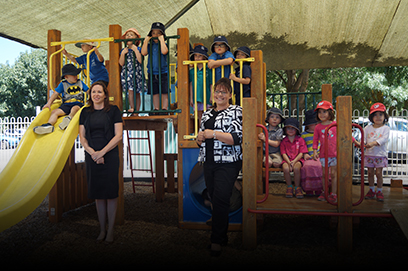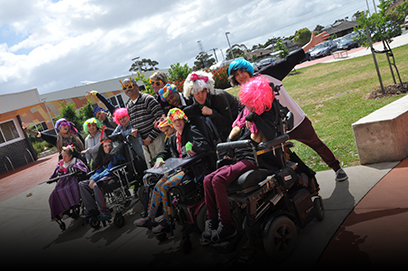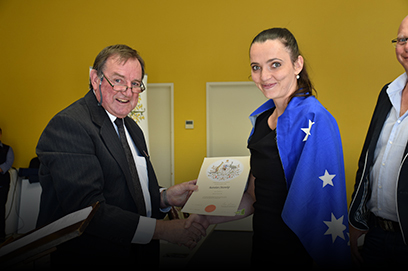Equality & diversity
Local government strives to create equal and inclusive communities, where diversity is encouraged and everyone is respected, welcomed, supported and treated equitably.
Councils play a key role in the development and support of communities, so that all of their residents are celebrated, valued and feel that they belong. Every day, councils are working towards creating inclusive communities and providing services for people from all backgrounds to ensure they can participate in community life and access the services they need.
Councils lead local programs and policies that promote social justice and human rights, social inclusion and equal opportunity, prevention of violence, and freedom from discrimination. These in turn support councils’ provision of services that are inclusive, accessible and equitable.
In accordance with the Local Government Act, Victorian councils encourage and support active participation in civic life. Councils must also act consistently with the Victoria’s Charter of Human Rights and Responsibilities, and must comply with Federal laws.
Councils must comply with a range of Federal and State human rights laws that protect people from discrimination, including the Age Discrimination Act 2004, Disability Discrimination Act 1992, Racial Discrimination Act 1975, the Sex Discrimination Act 1984, the Charter of Human Rights and Responsibilities Act 2006 and the Equal Opportunity Act 2010.
Compliance with these laws and investigation of complaints is overseen by the Australian Human Rights Commission and the Victorian Equal Opportunity and Human Rights Commission

Women in council

Supporting diversity

